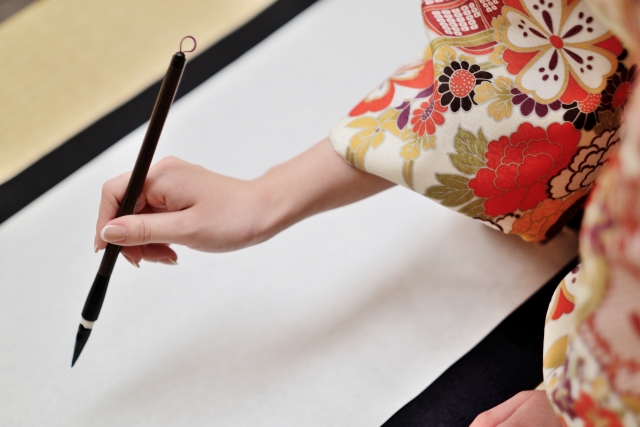Table of Contents
Have you ever run into troubles because of miscommunication?
It is always difficult to state what you want to say and consider others’ feelings at the same time, especially with people who have different backgrounds.
Many of my western friends told me that they had difficulties with communication with Japanese people and vice versa.
How does it happen?
There are 2 aspects that make difficult to communicate with Japanese people ( or with western people from the Japanese people perspectives).
Grammar aspects and cultural aspects.
Japan Is Indirect- Communication Country
The way of communication in Japan is indirect-communication style, which is opposite to western cultures.
Therefore, whoever you talk to, they may expect to “read the air”.When Japanese people say “yes”, it may not mean yes, or contains other meanings.
Let’s take a look at an example.
How do you say I love you in your language?
In Japanese, there is the verb, which has the same meaning as love, but there is also a saying to express “I love you”.
月が綺麗ですね
-The moon is beautiful tonight.
This is the famous dialogue by Soseki Natsume, who was one of the most famous novelists in Japan.
He was teaching English in the 19th century.
When his student translated “I love you” directly, he said, “Japanese men shouldn’t say that. You should say something like the moon is beautiful tonight”.

However, there is no official document to prove Soseki Natsume actually said so.
Regardless of the credibility, most Japanese people know this saying.
That must be not only because this is a romantic way to express “I love you”, but also because it reflects Japanese indirect communication culture very well.
Now you get what indirect communication is, so let’s move onto the next subject; the grammar of the Japanese language.
Japanese Grammar and Indirect-Communication
First of all, let’s compare the grammar structure between English and Japanese.
S: Subject
V: Verb
O: Object
C: Complement
English or Latin language has the structure like below.
S & V & O or S & V & C
In Japanese, the verb is located at the end of a sentence.
S & O & V or S & C & V
Above is the text language structure. In daily conversation, Japanese people skip the subject frequently.
O & V or C &V
This is the basic grammar structure.
To understand deeply, please take a look at the example below.
When your boss asks you to finish a task, but you are occupied with other tasks, you would say,
“I can’t finish this task by tomorrow”
In Japanese,
“明日までにこの仕事を終わらせることができません”
This structure is
“By tomorrow, this task finish can’t”
Now you see what is the problem with Japanese grammar, which is the most important word is located at the end of the sentence.
This is one of the reasons why Japanese people speak in an indirect way.
Background of Communication Style in Japan

The fundamental point of communication in Japan is to consider others feelings.
People should tell what they want to tell without hurting anybody because harmony in a group is crucial in Japanese society.
You have probably heard the word “keigo (敬語) if you have learned Japanese.
This is a communication style when people speak to older people, strangers, boss and clients.
In keigo, people say things more indirectly by adding more words.
In the above example, “I can’t finish this task by tomorrow”, this sentence would be considered rude.
Instead, people should say “ It is very difficult for me to finish this task by tomorrow because of other tasks”.
Regardless of considerations to others, is it an efficient way to communicate?
Well, not very much.
Especially in a workplace, using indirect-communication brings trouble sometimes.
These days, there are many companies trying to shift to direct-communication, or use English at their office in Japan.
The Tips to Communicate with Japanese People
Now you may think the Japanese language seems annoying, and difficult to talk with Japanese people because you don’t know what is the appropriate way to tell.
Actually, the key is very simple; consider what people would think
Never forget greetings.
Never forget “thank you”.
Add words to soften later words, such as “excuse me” “please” “could you” “I am afraid” etc.
If you don’t understand what Japanese people truly mean, you can just ask.
The most important point in Japanese is to consider others. As long as you remember it, what you say or what you do would not be considered rude.
No matter what grammar mistakes or vocabulary mistakes you make, people can see you are caring for them.




0 Comments